In forex trading, scamming practices are often carried by the brokers. That is why as a trader, you must know which broker that must be avoided to minimize the risk of being scammed.
With more than $6.6 trillion a day traded over the market, forex industry is prone to frauds and scams. The sad reality of it that people are out to make fraudulent money from innocent traders through many actions. If you look up forex scams on the internet, the results might be shocking.
Usually, the victims are beginners who are not fully prepared and can't identify the right broker to choose from. Of course, scam acts are not limited to beginners because even a professional trader can get caught in similar cases if they're not careful. Like what happened with these brokers:
- 4XP Broker: FPA declared 4XP as a scam and blacklisted it
- SkyFx: After its owner was involved in illegal activities, CySEC no longer regulates SkyFX
- Forex-Metal: FPA confirmed the company as a scam after clients complained of withdrawal failure
- Masterforex (MFX Broker): Following suspicious investment, IFSC Belize announced that they had revoked MFX's license
- IronFX: In 2015, CySEC confirmed the broker for scams, but has not yet revoked its license
It is wise to keep yourself fully informed about the broker you choose and avoid the ones that don't meet the safety requirements. For more stories regarding those brokers, let's take a look below.
1. 4XP Broker or Forex Place
4XP has been aggressively promoting its services and pushing on vigorous marketing strategies to gain more clients from the start. The broker claimed that they were regulated in the British Virgin Island in 2009 and were a part of the Russian independent regulatory agency, Financial Market Relations Regulation Center (FMRRC).
Not only that, 4XP mentioned that they were processing their applications for licenses from the Financial Conduct Authority (FCA) in the UK and Australian Securities and Investments Commission (ASIC).
4XP offered desirable trading conditions such as zero commission, tight spreads, and real-time market prices. They claimed that they had developed robust connections with various inter banks and, therefore, could provide the best competitive rates for their clients. The website was regularly updated with unique, daily, and weekly market commentaries and up-to-date economic calendar releases.
However, on December 11, 2013, 4XP was included in a warning against a few unauthorized entities issued by the French AMF. Not only that, FMRRC also declared that they have revoked the license for 4XP and stated that 4XP was never regulated there.
And then, in the following year, there were 7 Guilty Verdicts against 4XP in the Forex Peace Army (FPA) Trader's Court. Many traders were complaining about not being able to withdraw their funds and some other financial issues. As a result, the FPA declared 4XP as a scam and blacklisted it. 4XP eventually deactivated its website in 2014 and has stopped operations ever since.
See also:
2. SkyFX
SkyFX was first established in 2011 and has gained quite a handful of worldwide traders since then. The parent company, Trademarket Ltd, has obtained authorization from Cyprus Securities and Exchange Commission (CySEC). At a glance, the broker seems safe and well-regulated.
However, it was later found out that the broker got into trouble with IBs and their affiliates because of multiple changes in URL and affiliation code that happened without any logical reason. As a result, many IBs and affiliates decided to stop partnering with SkyFX.
The issue didn't stop there. In April 2016, the CySEC fined Trademarket Ltd a fine of €20,000 for violations of the Investment Services and Activities and Regulated Markets Law of 2007.
Not only that, many articles from the Israeli press wrote that the owner of the company, Aviv Talmor, was involved in illegal actions and was under investigation for operating a Ponzi scheme. CySEC then announced that they would be no longer regulating SkyFX. Shortly after, the broker ceased their operations completely and took down their website.
See also: List of Forex Brokers Regulated by CySEC
3. Forex-Metal
Forex-Metal is a Bulgarian-based broker founded in 2007. Initially, Forex-Metal seemed like a fine choice for traders because it offered some benefits and favorable trading conditions.
However, in 2014, traders began to experience withdrawal failures. As you may already know, withdrawal failure is one of the earliest signs of scams, in which some of them end up taking their clients' funds and disappear into thin air. Not only withdrawal failures, Forex-Metal's clients also experienced downturns in the trading platforms and the website.
Since the beginning, Forex-Metal had tried to gain clients' trust by claiming that they were licensed by the International Financial Services Commission (IFSC), a regulatory agency from Belize. Yet, the license couldn't be proven anywhere. In 2016, the FPA finally stated that Forex-Metal is a confirmed scam broker and must be avoided.
Not long after, the website forex-metal.com had gone offline. Although the broker officially stopped their operations, there are a few suspicious websites still operating under the Forex-Metal label and have the same address in Malta.
See also: List of Forex Brokers in Malta
4. Masterforex (MFX Broker)
MFX Broker was founded in 2006 under the name Masterforex and licensed by the IFSC Belize, but later rebranded as MFX Broker without renewing its license. In the following years after the launch, MFX gained popularity among traders from across the world.
However, since they rebranded, the company started to look suspicious. Starting from the status of their license that remained "on process" to their unrealistic investment program in 2015 that promised a fixed return ranging from 3% per month and up to 100% per year.
A year later, this broker's issues grew bigger with traders and IBs left unpaid, and IFSC Belize announced that they had revoked MFX's license. Not only that, but some traders also experienced withdrawal failures, and many finally accused MFX of scam practices.
The FPA strongly suggests not trading with MFX broker as it is already proven to be a scam and problematic. Currently, the broker's official website has been taken down and the company has stopped its business.
5. A Special Story from a Surviving Suspect
Many traders from around 2013-2014 might have heard the name IronFX thanks to its bombastic and unmitigated promotional activities, including offering a trip to outer space and a luxurious holiday in Dubai. Many traders were interested in this offer, especially with the broker's credibility which was supported by licenses from CySEC (Cyprus), FCA (UK), and ASIC (Australia).
But in early 2015, many complaints emerged from traders across various countries regarding the difficulty in fund withdrawals.
The fact that several top-tier agencies regulate IronFX confused most traders.
Responding to the complaints, in August 2015, IronFX stated that they indeed intentionally held the withdrawal process of their clients because they were performing an investigation for the misuse of promotion bonuses. In fact, many clients that experienced withdrawal failures were not even involved in any promotional activities.
Regarding the issue, CySEC decided to investigate and end up charging the broker for being proven guilty. Still, IronFX's license was not revoked. At the same time, rumors circulated that the fine only functioned as a settlement to keep CySEC from canceling its license.
IronFX tried to gain its reputation back, especially in the UK and Australia, by changing the name of their subsidiary as FXGiants. It appears that a few years later, as written in the Financemagnates news on August 6, 2018, CySEC stated that the allegations aimed at IronFX did not have strong evidence and IronFX has the right to withhold traders' funds if there's an indication of fraud and abuse in the bonus system.
In addition, traders who claim to have suffered losses have also retracted their lawsuit against the broker simultaneously. Although it is still unclear if the broker's a real scam or just the victim of witch-hunting, it is important to note that even now, many traders still complain about withdrawal issues, and the broker still struggles to recover from its scandals and have not managed to return to its previous glory.
3 Skills to Avoid Scams
There are at least three skills that you need to have to avoid scams:
- First, you must be able to identify a regulated broker authorized by a trusted regulator. It is essential to check this aspect at the start because if the broker's not regulated to begin with, then there is a higher chance of low-quality services that lead to financial loss.
- Second, you should be realistic while scanning through any broker's promotions and bonuses. Scammers tend to over-promising by offering unrealistic deals to get more clients.
- Lastly, you need to understand how forex broker scams usually cheat on their clients. You will get to know their characteristics and, therefore, avoid them as best as you can.
Conclusion
Choosing a forex broker is never an easy task for traders. Having to trade with a problematic broker can affect a trader's performance and add unnecessary anxiety. The sad truth is that despite the many attempts to get rid of them, scam practices are still standing in the forex industry.
However, keep in mind that not all brokers are bad. There are plenty of other trustworthy brokers that put a high priority on the traders' interests. As long as the broker is well-regulated and transparent to its clients, then you're good to go. Also, try to avoid brokers that have a bad reputation and bad track records.
Lessons from the five stories above could give you a clear insight into how forex scams usually unfold. If you are already trapped in a suspicious broker, experiencing some serious withdrawal failures or other issues, you should learn How to Deal with Problematic Brokers in 6 Easy Steps.

 Dedicated FREE FOREX VPS
Dedicated FREE FOREX VPS Free FOREX Virtual Private Server
Free FOREX Virtual Private Server MT4 Demo Contest, Get $500
MT4 Demo Contest, Get $500 Sign Up for an Account, Claim 60% Deposit Bonus
Sign Up for an Account, Claim 60% Deposit Bonus Free MT4/MT5 VPS 2024
Free MT4/MT5 VPS 2024 Send E-mail and Get Free Merchandise
Send E-mail and Get Free Merchandise $1K Refer a Friend Bonus for Pepperstone Pro clients
$1K Refer a Friend Bonus for Pepperstone Pro clients Maximize Your Earnings with 100% Deposit bonus
Maximize Your Earnings with 100% Deposit bonus Trade to Win, $5,000 Monthly Demo Contest
Trade to Win, $5,000 Monthly Demo Contest Claim 30% + 15% Deposit Bonus from LiteFinance
Claim 30% + 15% Deposit Bonus from LiteFinance
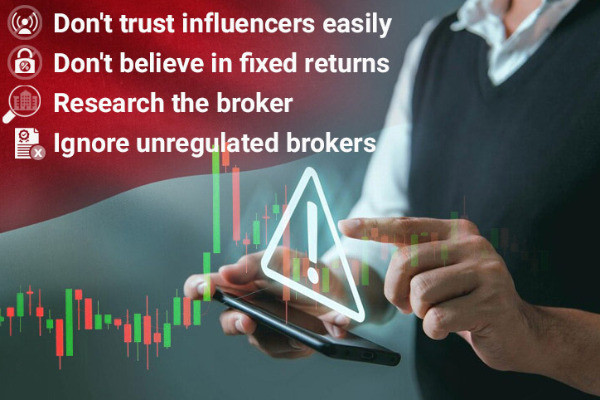
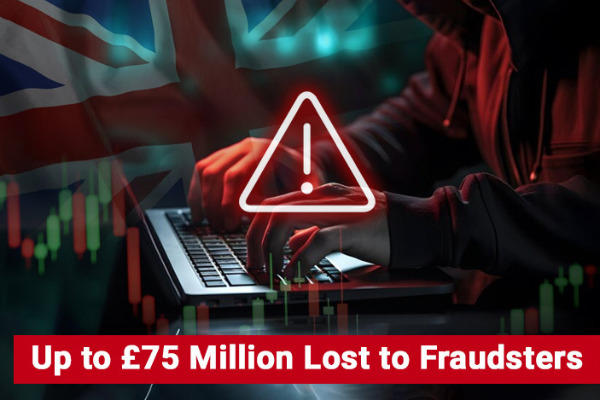
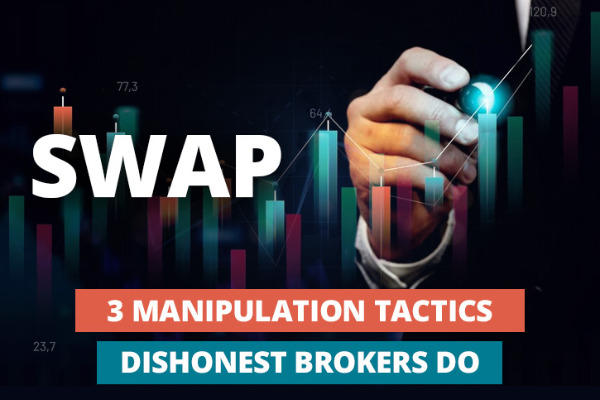
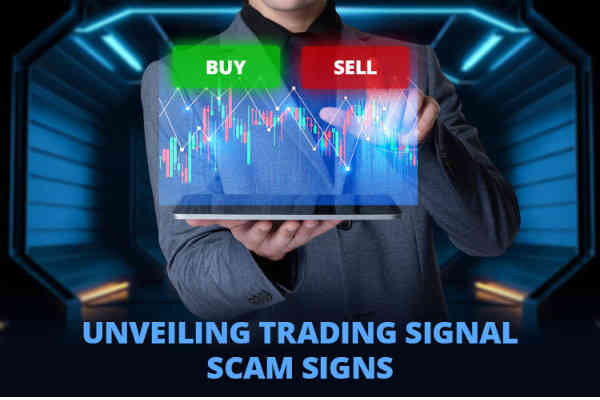
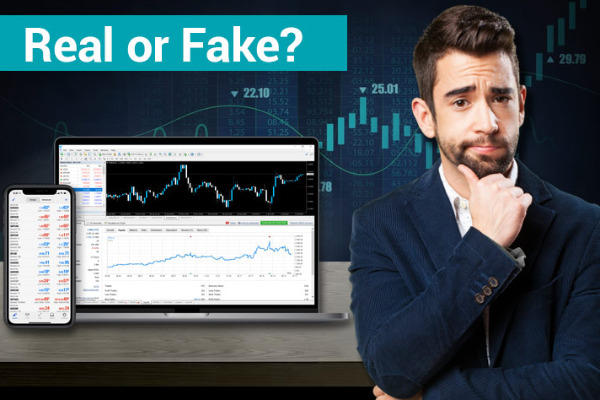
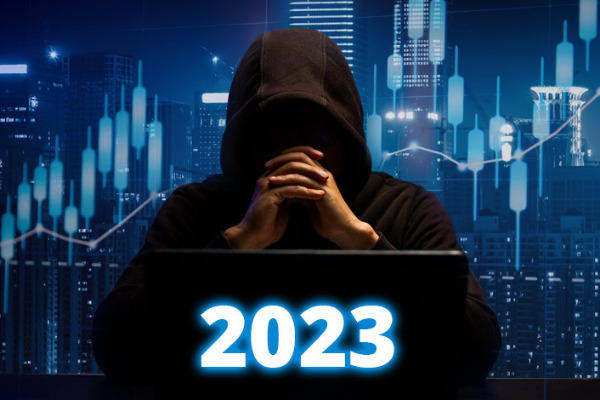

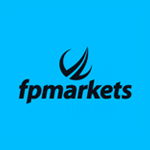


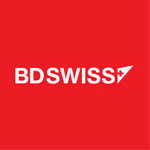

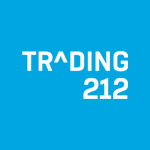

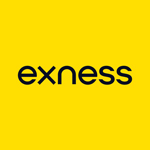
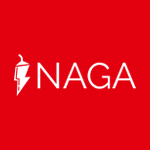



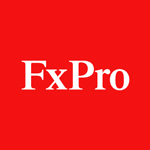



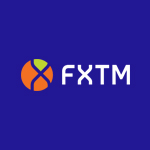




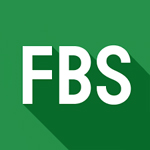
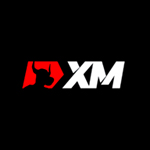

10 Comments
Roy Y
Aug 24 2021
Investors, please be aware of this broker, First Prudential Markets Pty Ltd. ("FP Markets"), will make you lose money and take away all the profits you made.
I have opened an MT4 account with FP Markets and I have made trades on their MT4 platform. Sometimes I lose and sometimes I make profits doing trading. I know there are risks in doing trading, and I have no objection to losing money because of the market change and the trade. However, the problem is with this broker, FP Markets. When I started to have more profits from the trading, FP Markets suddenly canceled both my account and my profits and did not allow me to withdraw my money and my profits! I used my knowledge and experience to trade and make profits, FP Markets just made up some reason to cancel my account, not allowing me to withdraw money and take away/defraud all my money and profits!
This is so cherry-picking and is a scam. What is the point of using their products and services when I have profits they just cancel my account and take away all my money and profits? This is not fair and there is no way you can make profits with this broker because they are just a bunch of cherry-picking people who will use you to make deposits and when you have profits, they will take away all your profits made. Please be careful not to do trading with this broker.
Chicky
Jul 7 2023
How can we effectively tell if a broker's bonus is a fair dinkum offer or a bludger's trick? I've stumbled upon some ripper info that outlines three important skills to dodge those pesky scams, but I'm particularly interested in how to suss out and assess broker promotions and bonuses. So, here's what's puzzling me: how can we sharpen our skills to spot the difference between genuine offers and potential scams when it comes to bonuses? Are there any key indicators or red flags to watch out for? And what strategies can we use to stay grounded and avoid being baited by those overpromising or unrealistic deals that scammers often use to reel in clients?
Alexis Fernandez
Jul 10 2023
@Chicky: Hey, great questions! When it comes to distinguishing between legitimate broker bonuses and potential scams, there are a few strategies you can employ to stay safe.
Firstly, it's essential to carefully review the terms and conditions associated with the bonus. Legitimate brokers will provide clear and transparent information about the bonus requirements, such as trading volume targets or withdrawal restrictions. If the terms seem overly complex, vague, or too good to be true, it's a potential red flag.
Secondly, research the broker's reputation and credibility. Look for reviews and feedback from other traders to get an idea of their experiences with the bonus program. If there are numerous complaints or warnings about the broker's bonus practices, it's a sign to proceed with caution.
Additionally, consider the regulatory status of the broker. Regulated brokers are subject to stricter guidelines and oversight, which reduces the likelihood of fraudulent bonus schemes. Check if the broker is licensed by reputable financial authorities and ensure they adhere to regulatory standards.
Lastly, trust your instincts and remain realistic. Scammers often use flashy promotions and unrealistic promises to lure unsuspecting clients. Be wary of bonuses that appear too generous or require minimal effort. Remember, legitimate bonuses are designed to enhance your trading experience, not provide instant riches.
Lidya
Jul 11 2023
How can we spot if a broker's name change is a sign of trouble, eh? I came across this oke case where a broker called Masterforex changed its name to MFX Broker without renewing its license. At first, the company was quite the hit with the traders, but after the rebranding, alarm bells started ringing. Their license status was stuck on "on process," and they were offering investment programs with promises of riches beyond your wildest dreams. On top of that, traders and IBs were having problems getting paid, which led to IFSC Belize revoking MFX's license.
Some traders even had trouble withdrawing their money, and there were accusations of scammy behavior. So, considering this case, what are some key warning signs to look out for when a broker changes its name? Are there any regulatory bodies or resources that can help us spot potential risks and keep our investments safe?
Afghan
Nov 22 2023
Jonathan Boston
Nov 27 2023
Pandu Wijaya
Jan 16 2024
How can we identify if a broker's name change is indicative of trouble? I came across a case in which a broker named Masterforex rebranded itself as MFX Broker without renewing its license. Initially, the company enjoyed popularity among traders, but following the rebranding, concerns arose. Their license status remained in a "processing" state, and they promoted investment programs with promises of extraordinary wealth. Additionally, issues with payments to traders and IBs emerged, leading to the revocation of MFX's license by IFSC Belize.
Some traders faced difficulties in withdrawing their funds, and there were allegations of questionable practices. Considering this scenario, what are some crucial warning signs to be vigilant for when a broker undergoes a name change? Are there regulatory bodies or resources that can assist us in identifying potential risks and safeguarding our investments?
Chara
Jan 19 2024
Your question is exactly the same as the previous comment! Before I respond, let me say your question is spot on. So, spotting potential issues when a broker changes its name requires careful consideration. A notable case is the shift from Masterforex to MFX Broker without renewing its license, causing concerns. While initially popular with traders, the rebranding raised red flags due to delays in license renewal, tempting investment programs, and payment issues for traders and IBs. Eventually, IFSC Belize revoked MFX's license.
To recognize warning signs in such situations, keep an eye out for extended license renewal processes, promises of unrealistically high profits, and difficulties in payment processing. Also, closely examine traders' experiences and reviews for any signs of unethical conduct.
To safeguard your investments, rely on respected regulatory bodies and resources. Confirm the broker's status with authorities like IFSC Belize and check reliable financial forums or reviews from fellow traders. Staying updated on industry news and developments can contribute to a more secure investment environment.
rodilla
Mar 21 2024
I recommend Debbie Garfield on IG to you all i made so much profits through her trading strategy and help.
Vitinha
Apr 25 2024
You know, what really worries me isn't so much about forex brokers turning out to be scams. I mean, we can easily check if a broker is legit by looking them up on the regulator's website. Like, if they're regulated by the FCA, we can find them listed there.
But what's really dangerous is when scammers use the name of a legit forex broker and create fake websites to pull off their scams. A lot of people fall into the trap because the website looks real, but it's actually a scam. It's like they're using the legit broker's name to trick people into thinking they're the real deal.